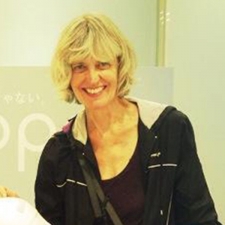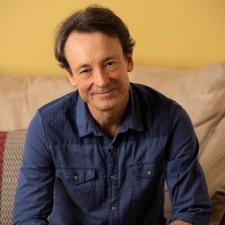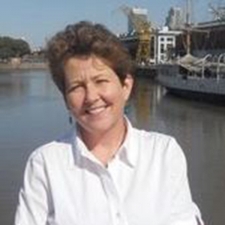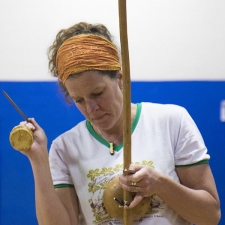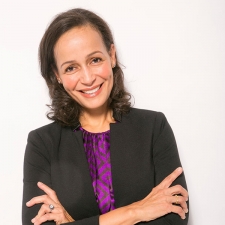COVID-19 Cultural Anthropology Faculty and Graduate Thought Pieces
Various members of Duke's Department of Cultural Anthropology reflect on the current COVID-19 situation and provide some insights and opinions.
Life as Otherwise
In the compound disaster of 3/11 in northeastern Japan—earthquake, tsunami, nuclear meltdown—time literally stopped for 16,000 Japanese. Keep reading
Anne Allison
Professor Cultural Anthropology
COVID-19 and Climate Change
Many have remarked on the striking parallels between COVID-19 and anthropogenic climate change, crises that: spill across national borders; require coordinated interventions between scientists, civil society, the private sector, government, and individuals; Keep reading
Christine Folch
Assistant Professor Cultural Anthropology
COVID-19 and the Futility of Border Walls
Pandemics are problems of borders. For millennia, human beings created borders to separate insiders from outsiders, locals from strangers, self from other, good from evil, and clean from dirty. Keep reading
Charles Thompson
Professor of the Practice, Cultural Anthropology
Anthropology in the Pandemic
In 1937 the French Jewish anthropologist Claude Levi-Strauss fled the Nazis but was denied entry into the United States. He ended up doing fieldwork in the Brazilian Amazon with the Nambikwara, reputed to be cannibals. Keep reading
Diane M Nelson
Professor of Cultural Anthropology
Class Struggle and COVID-19
Anthropologists have spent much of their energy over the past few decades studying social inequality in its many forms. Keep reading
Orin Starn
Professor of Cultural Anthropology
Pandemics and Human Rights
Human rights are central to the emergence of and responses to pandemics. Keep reading
Robin Kirk
Senior Lecturer in Cultural Anthropology and Co-Director, Duke Human Rights Center
Life, Death, and Breath
COVID-19 is contagious and deadly; we know this. What we have not had the time to grapple with, yet, is that it is turning people into patients, and patients on ventilators specifically. Keep reading
Harris Solomon
Associate Professor of Cultural Anthropology and Global Health
Teaching in the Time of Coronavirus
On February 3, 2020, I walked into my Medical Anthropology class wearing a plague doctor mask to kick off that week’s lecture on epidemics and social transformation. Keep reading
Katya Wesolowski
Lecturing Fellow of Cultural Anthropology
The Moral Economy of COVID-19
The initial COVID-19 outbreak, first identified in southern China in December 2019, subsequently spread throughout Asia then westward into Iran and Europe, across the Atlantic to the US, and more recently southward into Latin America and the sub-Saharan region to become a full-blown pandemic. Keep reading
Anne-Maria Makhulu
Associate Professor of Cultural Anthropology
Covid-19 in Ethiopia
When Ethiopia actually reported its first case of COVID-19, the Minister of Health, Lia Tadesse, tweeted out a notice. “Update on Covid-19 in Ethiopia March 15, 2020” began: “Since Ethiopia confirmed the first case of COVID-19 on March 13, 2029, the Ethiopian Public Health Institute has been tracing the contacts of the first confirmed case…” Within hours the mistake had been corrected. It was in fact the year 2020, not nine years in the future, that Ethiopia was reporting its first case. Hiwot (pseudonym), my housemate and friend laughed, rolled her eyes, and said, “Oh Ethiopia.” Read more.
Hannah Borenstein
Graduate Student

